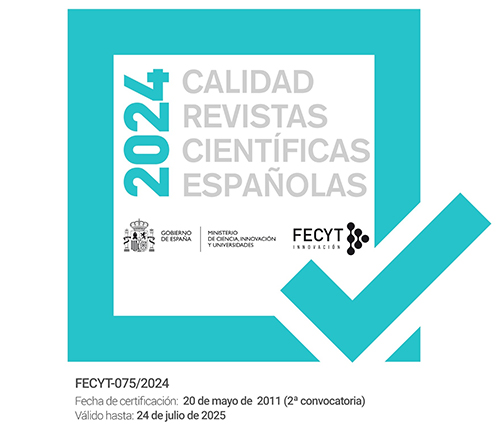What Does “Free Will” Mean?
DOI:
https://doi.org/10.30827/trif.34353Palabras clave:
Libre albedrío, determinismo, intuiciones populares, influencias externasResumen
Robert Sapolsky sostiene que el libre albedrío requiere una independencia total frente a influencias incontrolables. Sostenemos que este criterio es excesivamente restrictivo y no se ajusta al uso común del concepto. Para evaluar las intuiciones populares, presentamos a 197 participantes estadounidenses cinco escenarios en los que una persona actuaba bajo influencias externas. En cuatro casos—preferencias, genética, función cerebral y publicidad—la mayoría consideró que la persona tenía libre albedrío. Un quinto escenario, con administración de drogas de obediencia, sirvió como control: allí, la mayoría negó la existencia de libre albedrío. Estos resultados indican que, para la mayoría, el libre albedrío es compatible con ciertas influencias externas. La concepción de Sapolsky, por tanto, se aleja del uso habitual. Aunque su definición estricta puede excluir el libre albedrío, nuestros datos apoyan una concepción más moderada y socialmente compartida. Rechazar el libre albedrío exige, primero, demostrar que se emplea la noción común del término.
Descargas
Citas
Mele, A. R. (2014). Free Will and Substance Dualism: The Real Scientific Threat to Free Will? In W. Sinnott-Armstrong (Ed.), Moral Psychology, Volume 4: Free Will and Moral Responsibility (pp. 195-207). MIT Press. DOI: https://doi.org/10.7551/mitpress/9780262026680.003.0006
Sapolsky, R. (2023). Determined. New York: Penguin.
Vonasch, A. J., Baumeister, R. F., & Mele, A. R. (2018). Ordinary People Think Free Will Is a Lack of Constraint, Not the Presence of a Soul. Consciousness and Cognition, 60, 133-151. DOI: https://doi.org/10.1016/j.concog.2018.03.002
Descargas
Publicado
Cómo citar
Número
Sección
Licencia
Derechos de autor 2025 Andrew Vonasch, Scott Danielson, Alfred Mele

Esta obra está bajo una licencia internacional Creative Commons Atribución-NoComercial 4.0.













